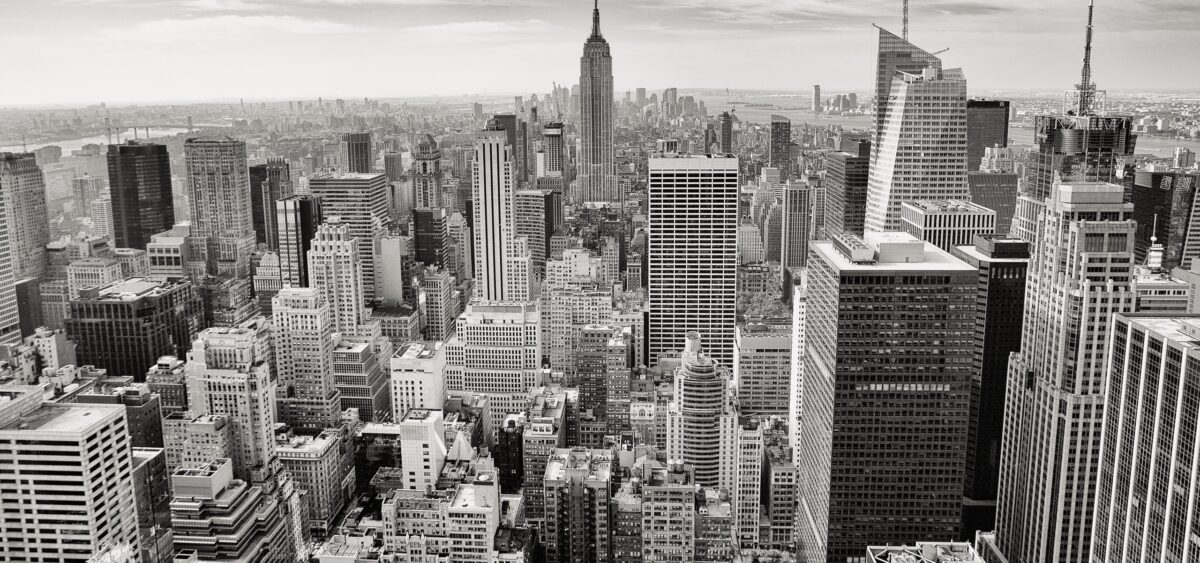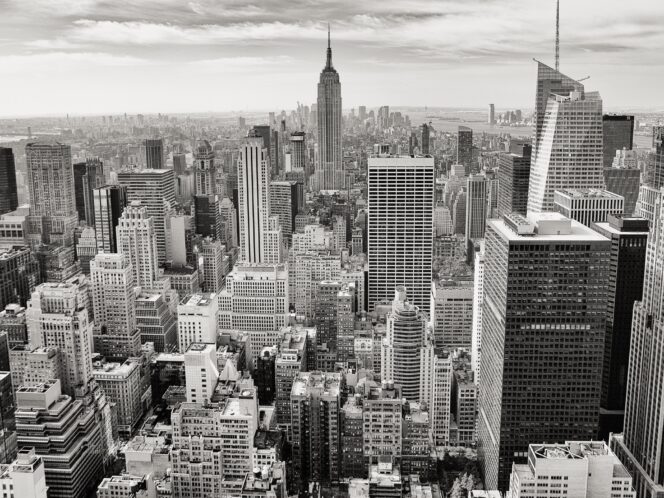
Journeys. The word has romantic connotations. We go on journeys of discovery. We travel to ‘broaden our mind’. A travel company invites me to go on ‘relationship journeys’ to make friends with accomplished people, with those who already have deep relationship with an established community. “Long car journeys are key to happy relationships,” announces an advertisement for Admiral Insurance. I often get unwanted intrusions on my mobile phone inviting me to go on a ‘spiritual journey and develop a relationship with God’.
Funny word that, relationship. I have never really understood what it actually means. Anyway, the words ‘journeys’ and ‘relationships’ are often combined to suggest that they have an affectionate bond. But in my experience, journeys seeking relationships are not particularly amorous. I first discovered this in New York in the summer of 1984.
I was on assignment to cover some now long-forgotten but then ever-so-important event at the UN. Staying at a hotel is part of most journeys. A journalist friend recommended I stay at the Tudor Hotel. “It’s not in an atmospheric part of town”, he said. “It has no colour, but it will be good for your heart.” He was convinced that all the ghee (the Pakistani fat) in my diet was escorting me towards a particular journey: a heart attack. “Tudor is the best cure I know,” he had said. No sooner had I arrived at the dreaded place, then I realized what he meant. The entire hotel was covered with a plastic carpet that administered large electrostatic shocks to anyone who was daft enough to walk on it. I have this nightmarish memory of being suspended between two electric charges, inside a lift that had polished steel for four walls, wondering whether I would get to the eighteenth floor before the lift. But I am sure that the shock therapy eliminated all fat from my body. That’s why I’ve been spared the journey to a heart surgeon.
I was allocated room 1814. On my journey to&n






